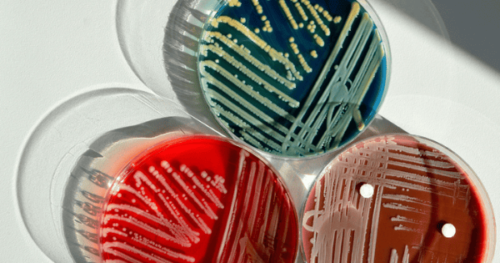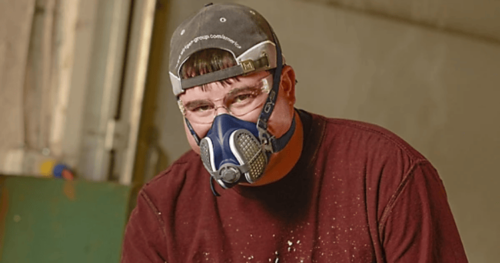Introduction:
In the realm of life science research, cell culture is a fundamental technique used to study and understand cellular behavior, develop new therapies, and unravel the mysteries of life. Cell culture flasks, essential tools in this process, provide a controlled environment for the growth and propagation of cells. In this blog, we will explore the significance of cell culture flasks and their pivotal role in advancing scientific discoveries.
Understanding Cell Culture Flasks:
Cell culture flasks are specialized vessels designed for the cultivation and expansion of cells in a laboratory setting. These flasks are typically made of high-quality plastic materials, such as polystyrene, that are biocompatible and promote optimal cell growth. Cell culture flasks come in various sizes, from small-scale research to large-scale production, accommodating different cell culture needs.
Creating an Optimal Environment:
Cell culture flasks create an optimal environment for cell growth by providing a controlled and sterile space. The interior surface of the flask is specially treated to promote cell adhesio and growth. Additionally, the cap or closure of the flask ensures a secure seal, preventing contamination and maintaining a sterile environment for the cells to thrive.
Scale-up Capabilities:
Cell culture flasks offer the flexibility to scale up cell culture experiments. Starting with a small number of cells, researchers can expand their culture by transferring cells from one flask to a larger one as they multiply. This scalability allows for the generation of larger quantities of cells for various applications, including drug discovery, tissue engineering, and regenerative medicine.
Suspension and Adherent Cultures:
Cell culture flasks cater to both suspension and adherent cell cultures. Suspension cultures involve cells growing freely in a liquid medium, while adherent cultures require cells to attach and grow on the surface of the flask. The design of cell culture flasks accommodates the specific needs of different cell types, providing appropriate conditions for their growth and proliferation.
Media Exchange and Sampling:
Cell culture flasks enable researchers to easily exchange culture media and sample cells during the culture process. The wide neck of the flask allows for convenient access and manipulation. Researchers can remove spent media, add fresh nutrients, and collect samples for analysis or further experimentation without disturbing the overall culture environment.
Sterility and Contamination Prevention:
Maintaining a sterile environment is crucial in cell culture to ensure the integrity and reproducibility of experimental results. Cell culture flasks are designed to be sterile and come with closures that provide an airtight seal. This prevents contamination from microorganisms and other external factors, allowing researchers to focus on the growth and behavior of their cells of interest.
Compatibility with Additional Cell Culture Tools:
Cell culture flasks are compatible with various cell culture tools and systems, such as incubators, shakers, and bioreactors. This compatibility enables seamless integration into automated or controlled environments, providing researchers with enhanced control over the culture conditions and facilitating advanced experiments and long-term studies.
Conclusion:
Cell culture flasks play a vital role in life science research, providing a controlled environment for cell growth and propagation. Their scalability, adaptability to different cell types, and compatibility with various cell culture tools make them indispensable in a wide range of applications. By utilizing cell culture flasks, researchers can cultivate cells, explore their behavior, and pave the way for groundbreaking discoveries and advancements in the field of life sciences.
In the dynamic landscape of life science research, cell culture flasks stand as key instruments, nurturing cellular insights that drive scientific progress and innovation.
Website : https://gvsmalaysia.com.my/



